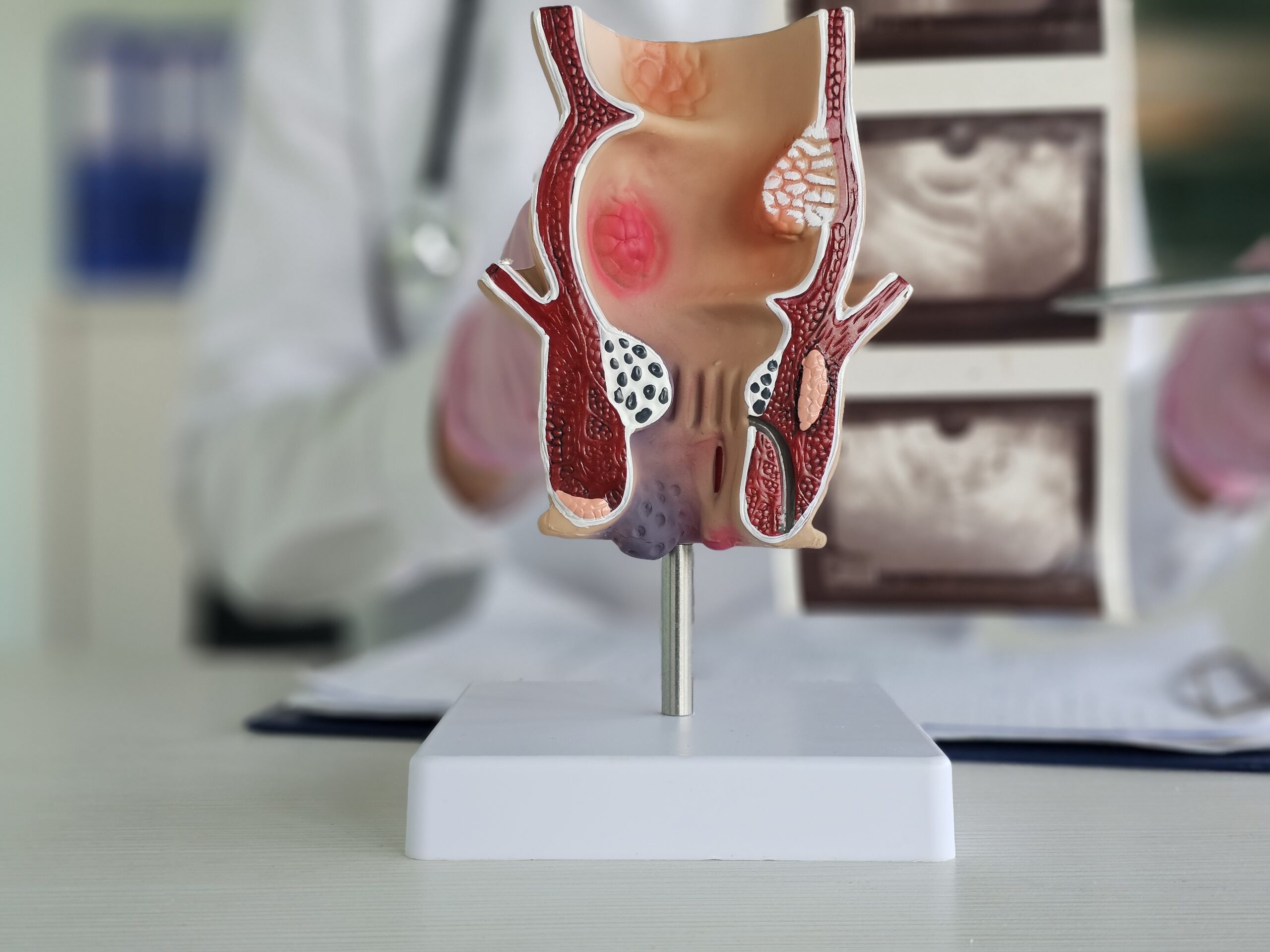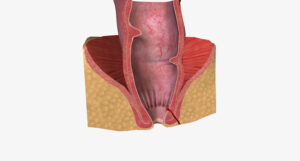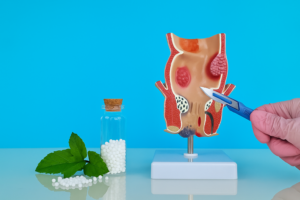Piles, or hemorrhoids, are inflated and inflamed veins within the rectum or anus that may bring about discomfort, pain, itching, and bleeding on the passage of stools. Though there are medical treatments, most individuals opt to treat piles naturally at home by making dietary, lifestyle, and routine changes. Fortunately, with correct choices, you can relieve symptoms, avoid flare-ups, and enhance overall digestive health.
In this post, we will discuss simple home remedies, lifestyle modifications, and food choices that are useful in controlling piles efficiently. We shall also discuss some frequently asked questions like Which food helps to reduce piles?, How do you treat piles during pregnancy?, What to drink to stop piles?, and Can we eat rice in piles?
Understanding the Root Causes of Piles
Before discussing remedies, it’s important to understand what triggers piles. Some common causes include:
- Chronic constipation leading to straining during bowel movements
- Low-fiber diet that slows digestion
- Sedentary lifestyle with limited physical activity
- Pregnancy, which increases pressure on rectal veins
- Obesity, putting extra strain on the lower body
- Prolonged sitting on the toilet or in general
The good news is that most of these causes can be managed with simple lifestyle changes.
Diet for Home Management of Piles
Perhaps the most effective method of controlling piles naturally is through diet. Diet plays a direct role in softening stools, enhancing digestion, and placing less strain on the rectum.
Which food helps to reduce piles?
The best foods to add to your daily diet for piles are those with plenty of fiber, water, and natural healing properties:
- High-fiber foods: Whole grains, oats, barley, lentils, beans, and brown rice make stool bulked up and avert constipation.
- Fruits: Papaya, apples, pears, bananas, figs, and prunes are really good for smooth digestion.
- Vegetables: Leafy greens such as spinach, broccoli, carrots, and cucumbers offer fiber and hydration.
- Nuts and seeds: Flaxseeds, chia seeds, and almonds benefit gut health.
- Buttermilk and yogurt: These are probiotic foods that facilitate digestion and decrease irritation.
Can we eat rice in piles?
Yes, you may consume rice if you have piles—but brown rice or red rice would be a better choice than white rice. Whole meal rice is full of fiber and avoids constipation, while white rice can aggravate symptoms since it has low fiber. If you insist on having white rice, always accompany it with fiber-containing vegetables or lentils.
Lifestyle Changes for Piles Relief
Dietary change alone is insufficient—lifestyle changes are just as crucial to avoid recurrence and control symptoms.
- Be physically active – Regular simple activities such as walking, yoga, or gentle stretching enhance blood flow and take pressure off veins. Avoid prolonged sitting.
- Don’t delay bowel motion – Visit the loo whenever you need to go. Delaying causes harder stools and straining.
- Avoid prolonged sitting – Take regular breaks if you work at a desk. Prolonged sitting imposes additional pressure on the anal veins.
- Healthy weight – Being overweight is a risk factor for piles. A healthy diet and exercise reduce strain.
- Sleep and stress management – Stress aggravates digestive conditions. Learn to breathe deeply, meditate, or do some gentle yoga.
Home Remedies for Piles
If you’re struggling with discomfort, natural remedies can provide quick relief.
- Warm sitz baths: Sitting in warm water for 10–15 minutes reduces pain, itching, and swelling.
- Cold compress: Applying ice packs to the anal area helps reduce inflammation.
- Aloe vera gel: Known for its soothing and anti-inflammatory properties, aloe vera can be applied externally.
- Coconut oil: Works as a natural moisturizer and reduces irritation.
- Witch hazel: Decreases itching and swelling when used with cotton pads.
What to Drink to Stop Piles?
Drinking lots of water is a major aid in softening stools and avoiding piles flare-ups. Some of the helpful drinks are:
- Plain water – Minimum of 8–10 glasses a day to maintain soft stools.
- Buttermilk – Cooling, calming, and easily digestible.
- Aloe vera juice – Reduces inflammation and promotes bowel health.
- Warm lemon water – Enhances digestion and cures constipation.
- Coconut water – Avoids dehydration of the body and decreases acidity, thus serving as a natural piles remedy.
Avoid drinking tea, coffee, and alcohol excessively as they will dehydrate the body and enhance constipation.
How Do You Treat Piles During Pregnancy?
Pregnant women are at greater risk of getting piles because of changes in hormones, blood volume increase, and the expanding uterus compressing rectal veins. Piles during pregnancy need to be treated carefully as most drugs are not recommended.
Safe practices for treating piles in pregnancy include:
- Consume fiber-rich foods such as fruits, vegetables, and whole grain foods to avoid constipation.
- Drink plenty of water, at least 2–3 liters a day.
- Practice gentle exercises like prenatal yoga or short walking.
- Utilize sitz baths for pain reduction.
- Raise your legs when lying down to help circulate blood.
- Avoid straining while passing stools by sitting on a footstool to enable natural squatting.
In case of persisting or worsening symptoms, visit a health expert for safe treatment.
Food Avoidance in Piles
While some foods assist, others exacerbate piles and should be minimized:
- Processed foods (refined flour products, white bread, chips)
- Spicy and fried foods that cause gut irritation
- Harder to digest red meat
- Foods with low fiber content such as bakery items and fast foods
When to See a Doctor?
Although home remedies and lifestyle modifications can be effective in mild cases, you should see a doctor if:
- Frequent or heavy bleeding occurs
- Pain is very severe and continuous
- There is mucus discharge or infection
- Piles are prolapsed (coming out of the anus)
Early consultation can avert complications and bring long-term relief.
Final Thoughts
Home management of piles is feasible with diet changes, healthy habits, and herbal remedies. Consuming foods rich in fiber, adequate fluid intake, regular exercise, and avoiding packaged foods are easy yet effective measures to alleviate discomfort and avert recurrence.
- Which food helps to reduce piles? Fiber foods, vegetables, and whole grains.
- Can we eat rice in piles? Yes, but use brown or red rice instead of white rice.
- What to drink to stop piles? Water, buttermilk, lemon water, and aloe vera juice.
- How do you treat piles during pregnancy? With safe home remedies such as hydration, sitz baths, fiber diet, and mild exercises.
With these natural methods, you can be the master of your health, lower discomfort, and live a more comfortable life.




